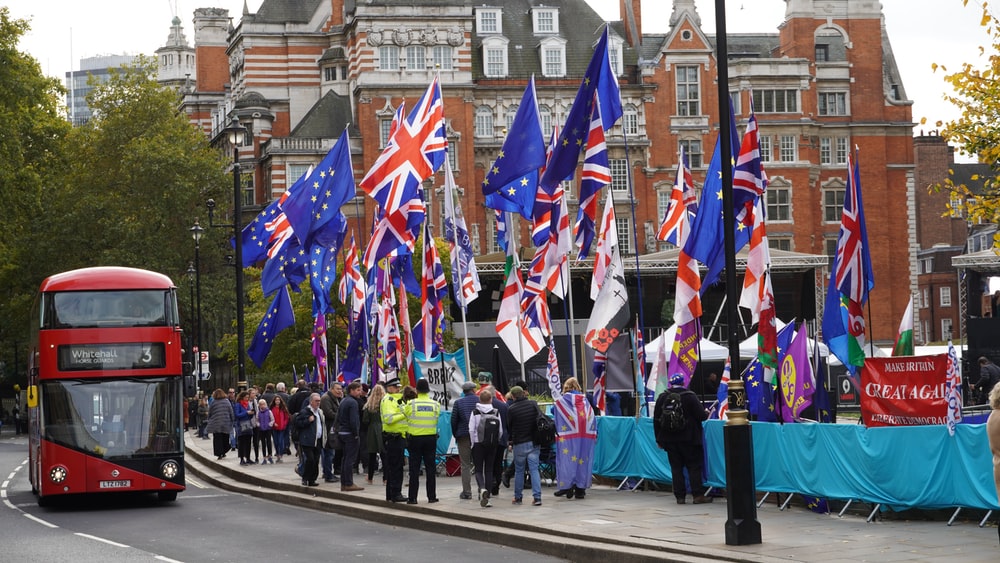In the wake of the Brexit transition period, which came to an end on 31 December 2020, family law saw a few changes affect disputes surrounding child custody, divorce recognition, and other aspects of family law.
If you are involved in a family dispute with someone living in the United Kingdom or Northern Ireland, you must consider having a detailed discussion with your lawyer about how the UK’s withdrawal from the EU may impact the proceedings of your particular case.
In this article, we will outline how various aspects of family law in the UK have changed after Brexit.
However, it is worth noting that there is a large variety of family law cases, each with its own particularities. Therefore, the information contained in this article provides nothing more than a general overview of UK family law after Brexit.
Maintenance Cooperation
If you have a child support or family maintenance arrangement with someone living in the United Kingdom or Northern Ireland, there are mechanisms in place to ensure that this maintenance cooperation can continue.
If you are the recipient of maintenance prior to 31 December 2020, your situation will not change. However, if you have applied for a maintenance decision through the Department of Justice Central Authority prior to 1 January 2021, it will continue to be dealt with based on the current arrangements.
Divorce Recognition
After the end of the Brexit transition period, the UK is no longer covered by EU laws about matrimonial matters, including recognition of divorce. What this means for divorce recognition in the UK is that UK divorces, legal separations, and marriage annulments will be dealt with through legislation.
According to the Withdrawal of the United Kingdom from the European Union Bill 2020, divorces, legal separations, and marriage annulments granted in the UK after EU family law legislation came into operation in 2001 will be recognised based on habitual residence rather than domicile requirements.
Parental Responsibility
Following the end of the Brexit transition period, EU laws pertaining to parental responsibility do not cover the UK any longer. However, there are still provisions in place to ensure that issues of parental responsibility within family law can be appropriately and effectively addressed.
With regards to parental responsibility, the United Kingdom is now considered in the same way as countries like New Zealand and Australia.
Accordingly, cases pertaining to parental responsibility in the UK and measures for the protection of children under family law will be governed by the Hague Convention on Jurisdiction in Respect of Parental Responsibility and Measures for the Protection of Children 1996.
Final Words
In the wake of the Brexit transition period, EU legislation concerning family law no longer covers family disputes in the UK. This includes maintenance cooperation, divorce recognition, and parental responsibility laws.
Therefore, if you are involved in a family dispute with a UK or Northern Ireland citizen, or involving a British court, ensure that you discuss with your lawyer how the UK withdrawal from the EU will impact the proceedings of your particular case.


